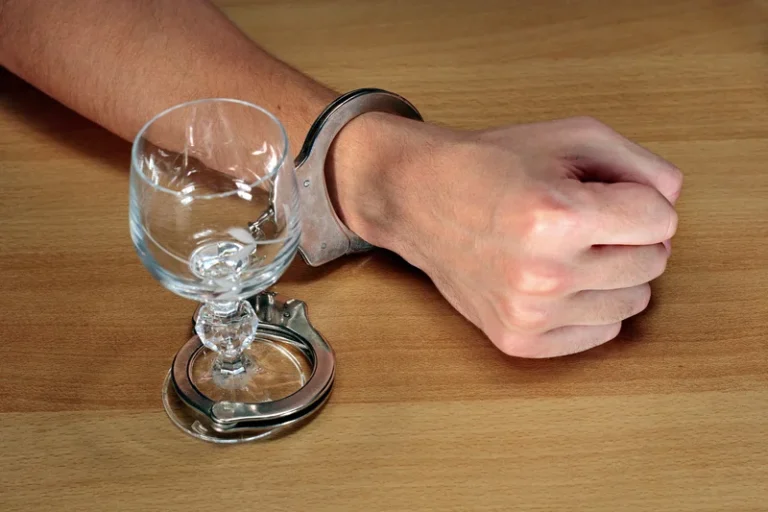
Additionally, excess alcohol is defined as drinking more than 8 drinks a week (women) and 15 a week (men), or consuming alcohol if you are pregnant or younger than age 21. When people talk about drinking “alcohol,” they’re almost always referring to the consumption alcoholism and anger of ethanol. Ethanol is a natural product that is formed from the fermentation of grains, fruits, and other sources of sugar. It’s found in a wide range of alcoholic beverages including beer, wine, and spirits like vodka, whiskey, rum, and gin.
Links between Anger, Aggression, and Alcohol Addiction
Such factors including head injury, neurochemistry, physiological reactivity, metabolism, and genetics. The study concluded that alcohol increased the odds of physical aggression in those men who had high trait anger and poor anger management https://ecosoberhouse.com/article/alcohol-and-aging-does-alcohol-make-you-look-older/ skills. It also noted that sexual aggression was higher with alcohol, even in men with low trait anger and reasonable anger management skills. If you have a natural tendency to be angry, drinking alcohol may cause you to become aggressive.
Alcohol and Violence
The World Health Organization (WHO) warns that alcohol interferes with a person’s cognitive and physical functioning, inhibiting self-control and making it more difficult for a person to recognize when things have gone too far. It can be harder for someone under the influence of alcohol to notice typical warning signs that emotions, especially anger, may be getting out of control. Studies show that people who abuse alcohol are more likely to be abusive to their family members, including children.10 Children who grow up around domestic violence are more likely to abuse drugs and alcohol as teens and adults. Alcohol is linked to anger and aggression more than any other psychotropic substance.7 While not all drinkers become angry, someone who is predisposed to anger can become more aggressive when they drink alcohol.
Behavioral Treatment
- This is alcohol withdrawal, and it causes uncomfortable physical and emotional symptoms.
- The sooner you address the drinking, the sooner you can address the underlying anger.
- «Trait anger» refers to a person’s general tendency to experience chronic anger over time.
- Stimulants like cocaine can provide excitement and can increase feelings of euphoria to replace anger.
- Medical detox is typically considered the optimal method for allowing alcohol to safely process out of the body while under continual medical supervision.
It used to be thought that moderate alcohol consumption confers health benefits, but experts now recognize that regularly imbibing can have a variety of harmful health consequences. “It can exacerbate depression, increase blood pressure, and lead to cardiac arrhythmias,” Koob says. These may arise from the other effects of alcohol on your body or from withdrawal. According to the DSM, alcohol-induced psychotic disorder is the experience of alcohol-related delusions and/or hallucinations developing during or after intoxication, or occurring from withdrawal of alcohol. While the exact mechanisms behind alcohol-induced psychosis aren’t well understood, changes involving these brain chemicals, and abnormal blood flow to certain regions of your brain from chronic alcohol misuse, are thought to play major roles.
- The individuals who had higher mental rigidity had lower empathy and perception of the severity of IPV.
- And, of interest, exposure to self-awareness cues only reduced aggression for heavy drinking men who endorsed certain traits that suggest receptivity to self-introspection (Purvis, Gallagher, & Parrott, 2016).
- Instead of being a natural emotion, someone with an alcohol use disorder (AUD) will express anger to avoid dealing with unpleasant or adverse circumstances, including the addiction.
- As such, it is essential that any psychotherapy for BPD also address anger management.
- Alcohol’s ability to temporarily reduce anxiety can also intensify the urge to act on impulse.
- Researchers have also linked impulsive alcohol-related behavior to genetic involvement, with the presence of the serotonin 2B receptor gene (HTR2B) playing a role in impulsive and aggressive behaviors while under the influence of alcohol.
- If you have a natural tendency to be angry, drinking alcohol may cause you to become aggressive.
- Beyond its physiological effects, the association between alcohol and anger can affect the mental health of an individual.
- Addressing both anger and drinking is crucial, with professional help highly recommended.
As a positive, unalarming emotion and one that others are used to seeing, however, happiness isn’t on the radar as much as anger. When alcohol suppresses these regulatory functions, it can affect how you express your thoughts and emotions, including anger. Anger is an emotion made up of many different feelings like dissatisfaction, displeasure, hurt, and frustration. It’s a natural human response when life seems unfair or something you value is under threat. Alcohol is known for its ability to amplify emotional expression and inhibition. While it may seem like anger is the most common emotion caused by alcohol, it may not be that straightforward.

Encouraging responsible alcohol consumption and hydration can help mitigate the risk of escalating emotions. Water and non-alcoholic beverages can help dilute alcohol intake and promote clearer thinking. The relationship between alcohol and aggression is complex and multifaceted, influenced by individual differences, situational factors, and alcohol dosage. Understanding these effects highlight the mechanisms through which alcohol can fuel anger and aggression, helping you the importance of mindful consumption and proactive strategies for managing emotions in alcohol-related contexts. As a depressant, alcohol slows central nervous system activity, limiting inhibitions and promoting impulsive behaviors – including anger issues.
Disability profiles supported in our website
Without the OFC doing its job of calming those intense emotions, a person can have a strong reaction (2). This impact can begin to take place after just one drink, depending on the person and other factors, he adds (2). Offering reassurance and support can help alleviate feelings of distress and frustration. Letting the individual know they are heard and understood can de-escalate tension and foster a sense of trust and cooperation. Anger, aggression, and hostility seem like common terms that are related to each other. It is important to understand the specific impact of alcohol on these conditions.

For most people, alcohol withdrawal symptoms will begin sometime in the first eight hours after their final drink. When someone drinks alcohol for a prolonged period of time and then stops, the body reacts to its absence. This is alcohol withdrawal, and it causes uncomfortable physical and emotional symptoms.
